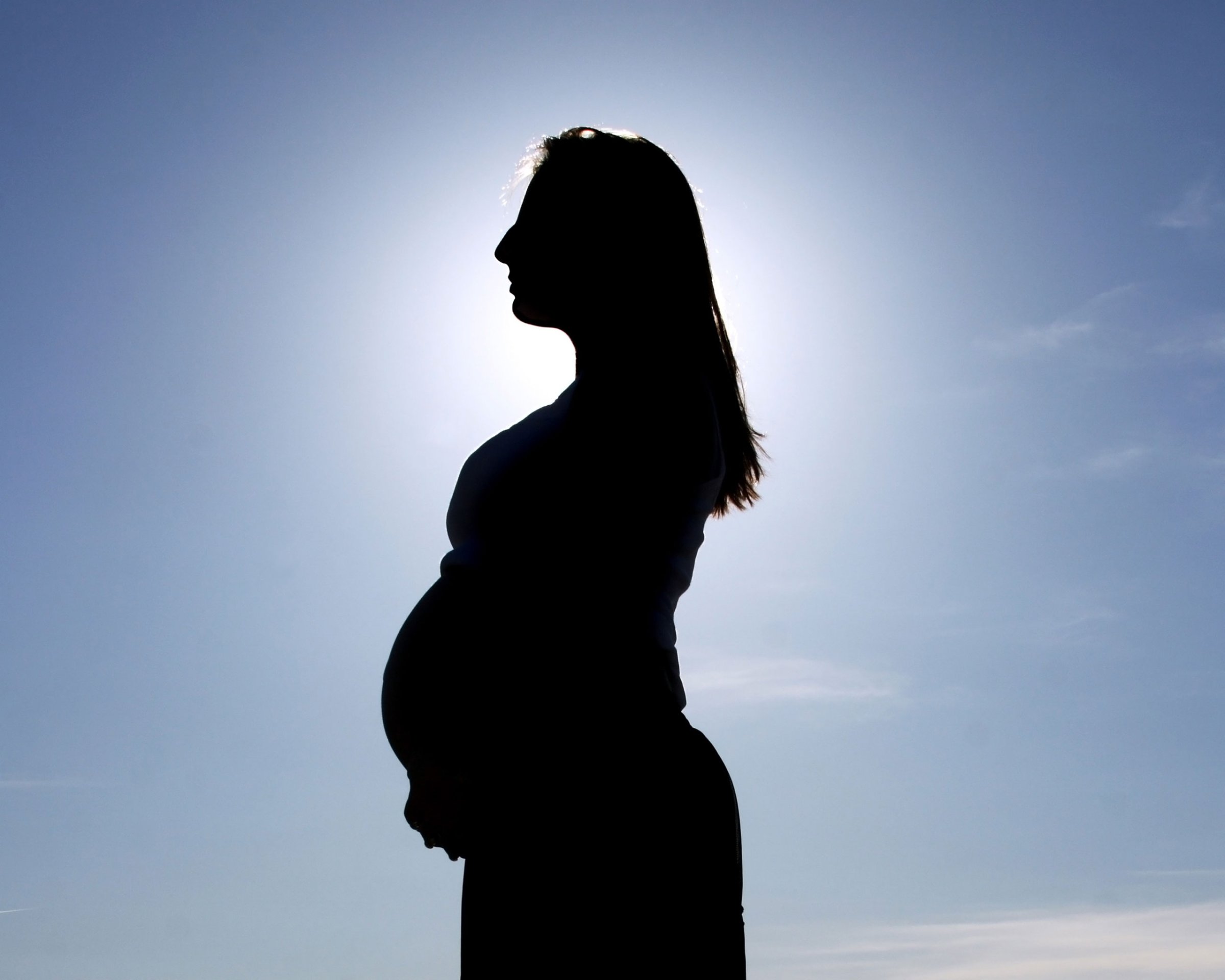
Infertility affects one in six people globally, according to a report from the World Health Organization, which urged countries to do more to help people conceive.
Researchers found little difference between high, middle, and low-income countries in the report published Tuesday. Treatment must be funded privately in most nations, leaving many people struggling with mental health issues or financial hardship, according to the WHO.
The health agency defines infertility as the inability to achieve a pregnancy after at least 12 months of regular unprotected sex. The researchers couldn’t identify the key drivers of the problem, which can stem from men or women’s reproductive systems, because of a lack of clinical data.
Infertility “can have wide-reaching, negative impacts on the lives of the people affected,” Pascale Allotey, the WHO’s director of sexual and reproductive health and research, said at a press conference.
More from TIME
Read More: Why It’s So Hard to Have Your Fertility Tested
The study didn’t allow the authors to determine if infertility is getting better or worse globally, but there was no evidence of the latter, they told journalists. A previous estimate in 2012 didn’t show rates were increasing either, they said.
The scientists, who analyzed research from 1990 to 2021, praised countries such as Morocco, Indonesia, and Argentina for recent changes to how infertility is funded and treatments are made available.
The WHO plans to publish guidelines later this year for countries on prevention, diagnosis and treatment of the issue.
More Must-Reads From TIME
- The 100 Most Influential People of 2024
- The Revolution of Yulia Navalnaya
- 6 Compliments That Land Every Time
- What's the Deal With the Bitcoin Halving?
- If You're Dating Right Now , You're Brave: Column
- The AI That Could Heal a Divided Internet
- Fallout Is a Brilliant Model for the Future of Video Game Adaptations
- Want Weekly Recs on What to Watch, Read, and More? Sign Up for Worth Your Time
Contact us at letters@time.com